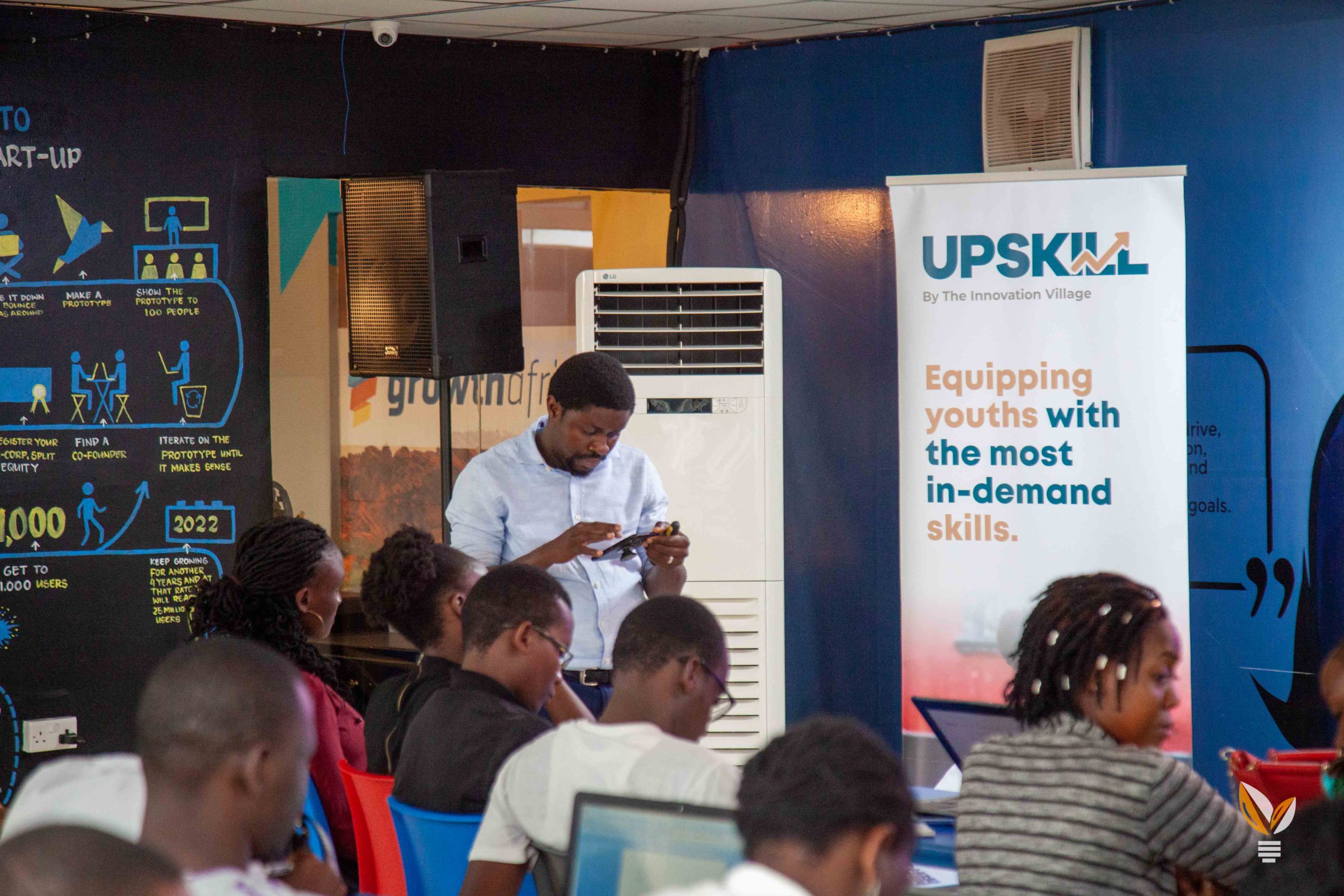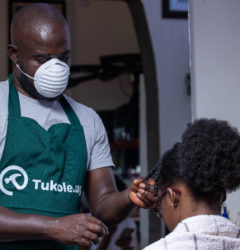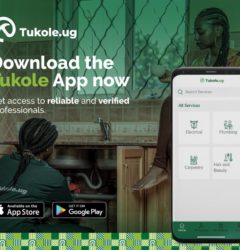23 Sep

Youth unemployment has persistently garnered concern worldwide and it’s constantly placed on development and poverty eradication agendas. Studies have indicated that out of the 470 million people worldwide who are unemployed, over 75 million are youth between 15-24 years (UN, 2011). One of the key targets for sustainable development goals is to achieve a significant reduction in youth unemployment by 2030. One of the approaches suggested for attaining this is to create an inclusive and sustainable economic growth, full and productive employment and decent work for all, youth inclusive (UN, 2015). Supportive strategies put forward for the creation of youth employment include job-search assistance, supporting young entrepreneurs to start off and sustain business and addressing skills mismatch. This is to be done by ensuring that training programs meet labor market demanded competencies through introducing work experience components in technical and vocational education and training (UN, 2015).
In Uganda, a significant portion of its young population roams the country in search of work. Reports have indicated that over 40,000 students’ complete University education annually, but only 8,000 are able to find employment, which puts the national unemployment rate at 13.3% of the working-age population of whom 13% are young females and 6% are young males (UBOS 2019). The high unemployment rate pauses a serious threat to the economic growth and development of Uganda as a nation given that the able-bodied young people are out of work. Among the negative impacts of high levels of unemployment are high poverty levels, low-quality lives and low national revenue for the country.
To alleviate youth unemployment, the government of Uganda has put in place several initiatives geared towards meeting short and long-term goals for social and economic development. Among these initiatives is the Youth Livelihood Program which was launched in 2013. The program intends to empower the most vulnerable and unemployed youth by providing them with skills development, livelihood and institutional support.
Much as all these efforts were put in place, it was realized with time that the concern for the plight of unemployed youth however, could not be shouldered by the Ugandan Government alone. It requires collective efforts from all the stakeholders including private companies. The Innovation Village through its venture UPSkill seeks to contribute to this cause. With companies looking for highly skilled labour in the Digital and technology space, UPSkill is leveraging data about the industry’s most in-demand skills to create learning programs that boost the performance of individuals and companies looking at skilling and reskilling. Through its aggregated platform, corporations and entrepreneurs can also hire or re skill staff. UPSkill is an enterprise and skilling academy for individuals seeking to get skilled and reskilled in the most demanded skills by the current market.
UPSkill training includes equipping young people with digital skills that are appropriate to the market in place. It does this through three (3) info sessions in digital marketing and data analysis in a course that takes eight (8) weeks.
Spreading its wings through the country, UPSkill conducted digital marketing boot camps in Gulu district reaching out with digital marketing classes to 100 youths of whom 79(79%) were males while 21(21%) were females. UPSkill has also embarked on data analysis classes and activated the first cohort of the data analysis classes with a total of 68 participants of whom 39 (57%) were males while 29 (43%) were females in Kampala.
In Gulu, UPSkill worked with 4 communities, 2 partners to accelerate community to youth who eventually became participants in the program. The team worked in close collaboration with Northly Uganda limited, Gulu University and Gulu District Local Government. In one specific info session, 25 homeless youth (Street youth) attended and shared insights on their needs and how UPSkill can engage with youth who live on the streets. Gulu has a large presence of youth-led thriving NGOs and development partners willing to forge partnerships. Much as the advent of COVID-19 Pandemic halted activities and acceleration on events, UPSkill managed to mitigate this through conducting virtual and remote engagements by pre-recording videos of the classes and sharing them on YouTube and other social media channels (Twitter and Facebook). Through UPSkill training, a total of 1532 [Females 1303; Males 229 ] youths have been skilled and linked 32 youths to jobs in Influencer Marketing and Affiliate Marketing Programs.
A lawyer who benefited from UPSkill had this to say; “I am a technology and startup lawyer. When I graduated from the Law Development Center, I was quite disillusioned by the work environment in Uganda. I could not seem to find a workplace that fit my interests, ambitions, and values. I knew that I wanted to work with devoted people, game changers and innovators. I also knew that I wanted to work with a tech startup, an innovative company or an organisation that was as passionate as I was about building the future and supporting great ideas. You can imagine my joy when I found out about The Innovation Village (TIV) and its venture UPSkill. After my first visit, I was completely blown away by what was happening over there.

Immediately, I made the decision to leave a great job opportunity I had in one of the leading firms and go to TIV. I had no job, no cash and no prospects for a job there. I even applied for an internship and did not get one, but I continued to show up there consistently. I went almost every day, for more than a month. I attended almost all the events, cyber security, crypto currency, wig making, you name it. During this time, I was not looking for anything in particular. I just felt that this was where I needed to be. Sometimes you get the feeling that you’ve stumbled upon something valuable, that’s how I felt about TIV.
Not long after, I found another incredible program under UPSkill. They were offering a free class in Digital Marketing. I did not have any background in Digital Marketing, but I was curious about it. So, I took the opportunity, and I am so glad I did, because it has opened doors for me.
20 years ago, it was enough for lawyers to only have a law degree and have a long undisrupted career. I believe that is no longer true. Lawyers, like every other profession, have to adapt to the new opportunities and challenges that automation and technological advancements are bringing. We now have clients that can google their own solutions, draft their own documents, and consult robots. A lot of conventional work is becoming obsolete. The future belongs to the most adaptable. It belongs to those who are willing to constantly challenge what they know and evolve to meet the needs and demands of the job market today. It is happening globally, and Uganda will not be exempt from these changes. That is why UPSkill’s programs are so valuable. Their programs prepare you for the next generation of work. Their facilitators included experts in these fields and actual practitioners who made the class practical. We were not just learning Digital Marketing, but we were actually doing it ourselves in class and using live case studies.
After graduating from UPSKILL, I got an opportunity as an intern with a Norwegian based tech startup called Diwala. I have come full circle because now I am working with an innovative blockchain based company that is trying to improve an older system. Additionally, because Diwala is a truly modern company, it has a flexible international team that works remotely in over 6 countries. That means even Covid-19 could not prevent me from pursuing this opportunity. I now work remotely. This would not have happened without the support from TIV through UPSkill. I truly believe their class made me a lot more attractive to employers, and I highly recommend it to anyone who wants an edge in their career” (Trisha Banya).
Stories like from Caroline and Trisha Banya represent many other successes that UPSKILL has achieved in building the capacity of youths to match the required skills for employment. It has established partnerships with associations, youth groups and business communities across the country and hence resulting into an ecosystem of training and creating jobs. All this has been made possible with support from The Mastercard Foundation.









Recent Comments